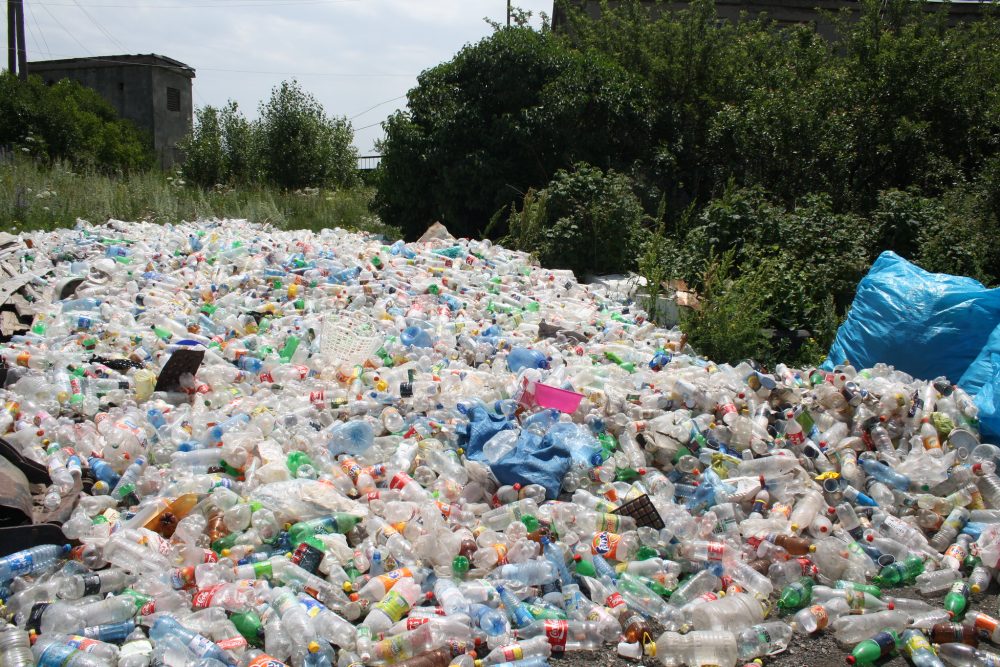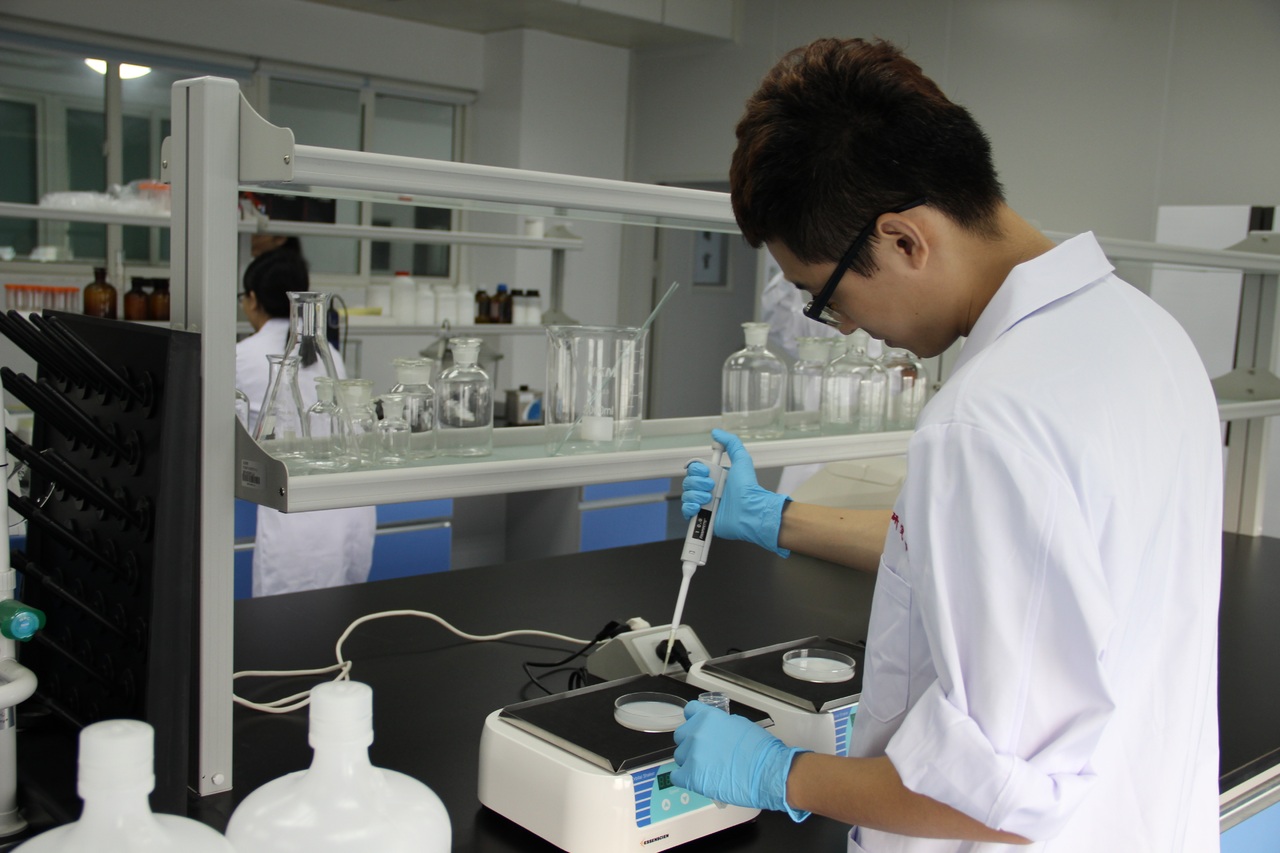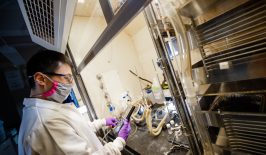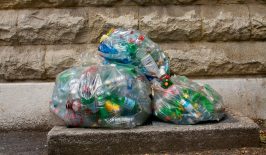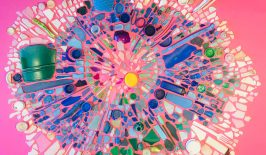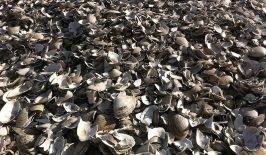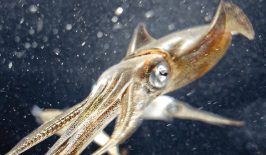If simply left in a landfill, some plastic products, such as bottles, can take up to 450 years to decompose. Naturally, these make them a significant concern for environmentalists who wish to reduce the amount of plastic waste we produce. However, there are ways to speed up this process.
For several years, researchers have been experimenting with plastic-degrading enzymes, which can essentially ‘eat’ away the plastic. A team at the University of Texas has now developed a new strain of enzymes which can do the job twice as fast as the next best engineered enzyme.
Around six years ago, scientists discovered a bacteria at a plastic bottle recycling plant which could depolymerise polyethylene terephthalate (PET). The organise consisted of two enzymes which first turned the polymer into mono-(2-hydroxyethyl) terephthalate and then into ethylene glycol and terephthalic acid – essentially breaking the plastic down into a source of energy for the bacteria.
One enzyme in particular, dubbed PETase, was selected for protein engineering in order to make it more stable at higher temperatures and boost its catalytic activity. In order to gain a better understanding of the enzyme, the teamed trained an artificial intelligence algorithm on 19,000 different proteins of similar size, but varying properties. Using this information as the foundation, the algorithm could then check the 290 amino acids of the PETase and compare them to its database. By comparing its structural environment to others, the team could highlight certain amino acids that could be a source of instability.
AI Boosted Research
This is not the first time specific enzymes have been used to degrade plastic items, but the use of machine learning provided some important benefits for the team. Most notably, it allowed them to concentrate on factors that may have been missed by human researchers. Hal Alper, the lead researcher on the project, suggested that as machine learning tools become more advanced, they may even be able to make reasonable predictions about the nature of certain proteins and develop their own conclusions regarding the trade off between activity and stability.
As a result of the study, which produced millions of potential combinations, the team honed in on three suggested amino acid substitutions. Once these were carried out – in addition to additional modifications from a previous study – they created a new enzyme which is highly active, especially at lower temperatures.
For example, at 50°C, their engineered enzyme is twice as active in degrading a small sample of PET food container than another PETase enzyme at 70°C. It was even able to completely break down an entire plastic cake tray within 48 hours, while the resulting waste can be recycled into new plastic items. Unlike other studies which largely limited their tests to a laboratory environment and small PET samples, the University of Texas team also applied their enzyme to real-world plastic products purchased from a supermarket.
However, there are limitations to the approach. Currently the enzyme, like many others, struggles with more crystalline plastics, like those found in PET bottles. Such plastic needs to be melted into an amorphous state before the enzyme can work. There is also debate about how practical enzyme degradation of plastics can be on a larger scale.
Currently, most plastic is recycled by melting and reshaping. This has the advantage of being applicable to a wide variety of plastics, but also deteriorates the properties of the plastic with each cycle. Although some chemical methods are used, they are high energy intensive. The enzyme approach does have the benefit of being able to be tailored to specific plastics, while the machine learning method discussed above means a single enzyme could be modified to tackle many different types of plastic in a high efficient manner.
Another method currently being explored is the development of bio-degradable plastics which will naturally decompose over time. Many different options have been explored, including seaweed, shrimp shells and vegetable waste, but as of yet most are only available on a small scale commercial basis.
Overall, however, a simpler and probably cheaper way to deal with our plastic pollution epidemic is to simply reduce the amount of plastic being used in the first place. The phasing out of certain plastic products, especially single-use plastics, may go a long way to helping this.
